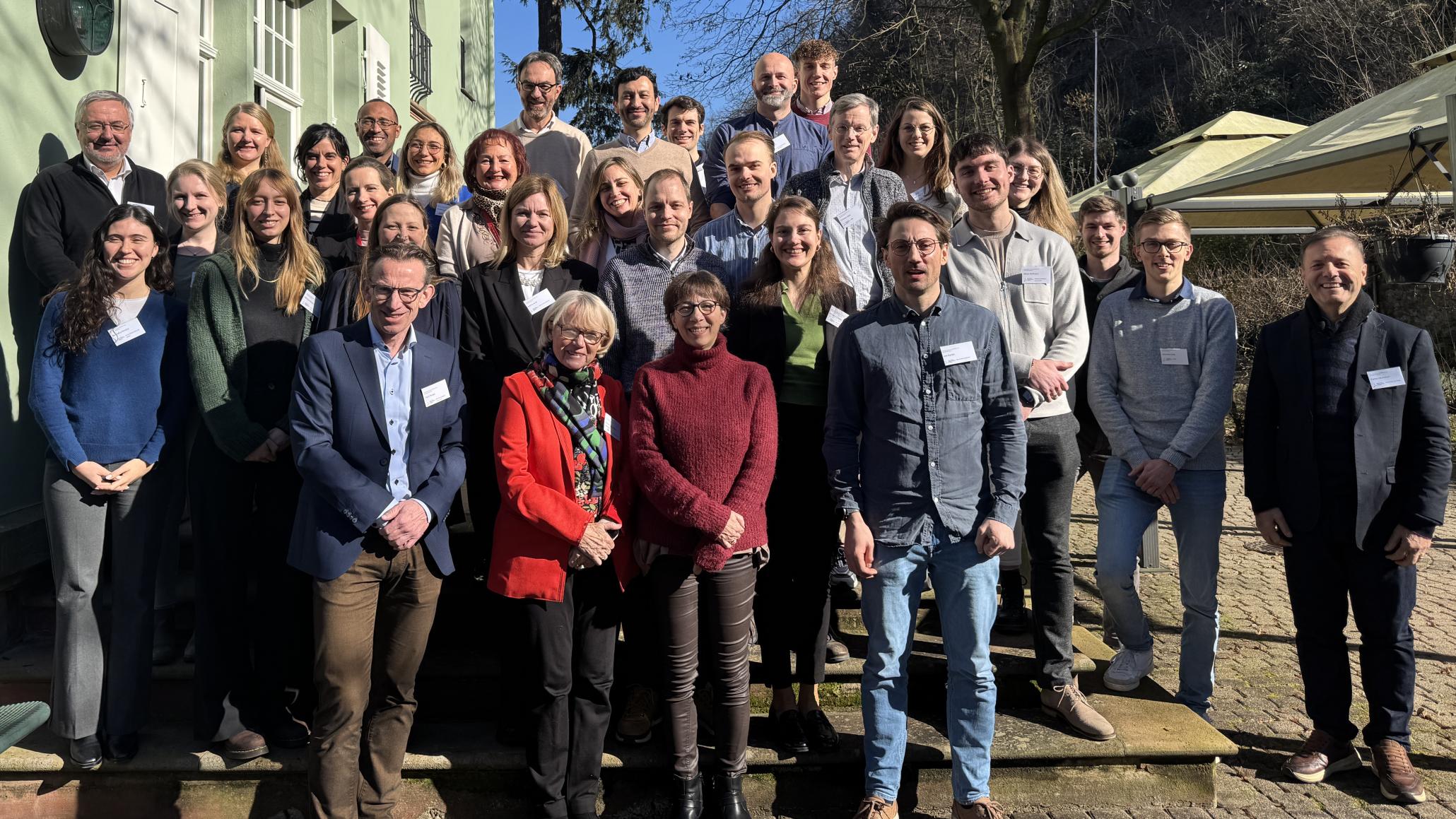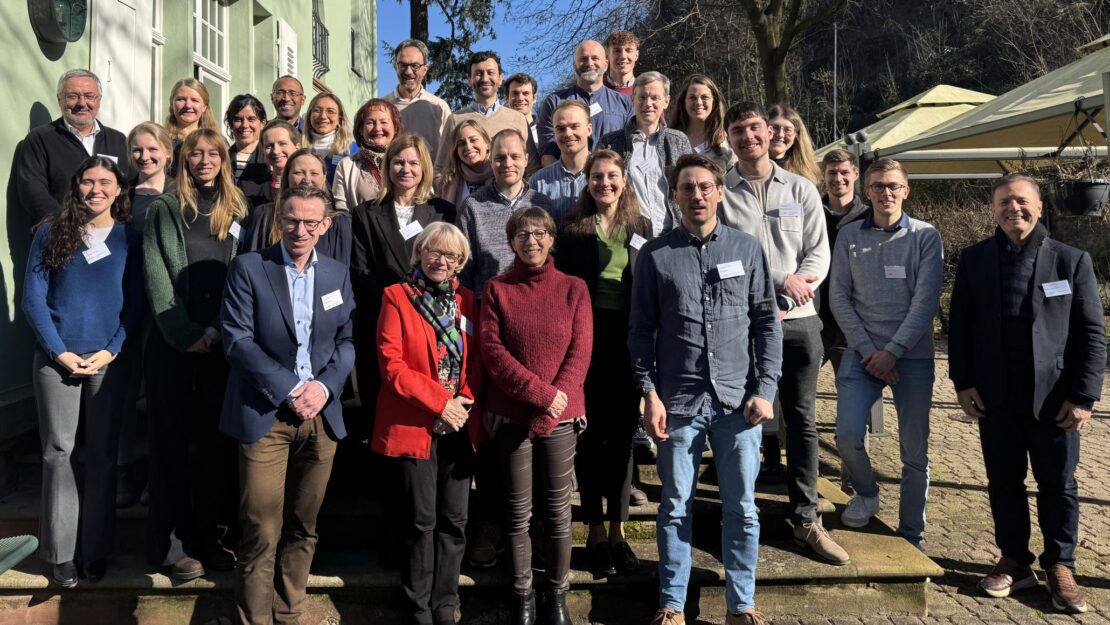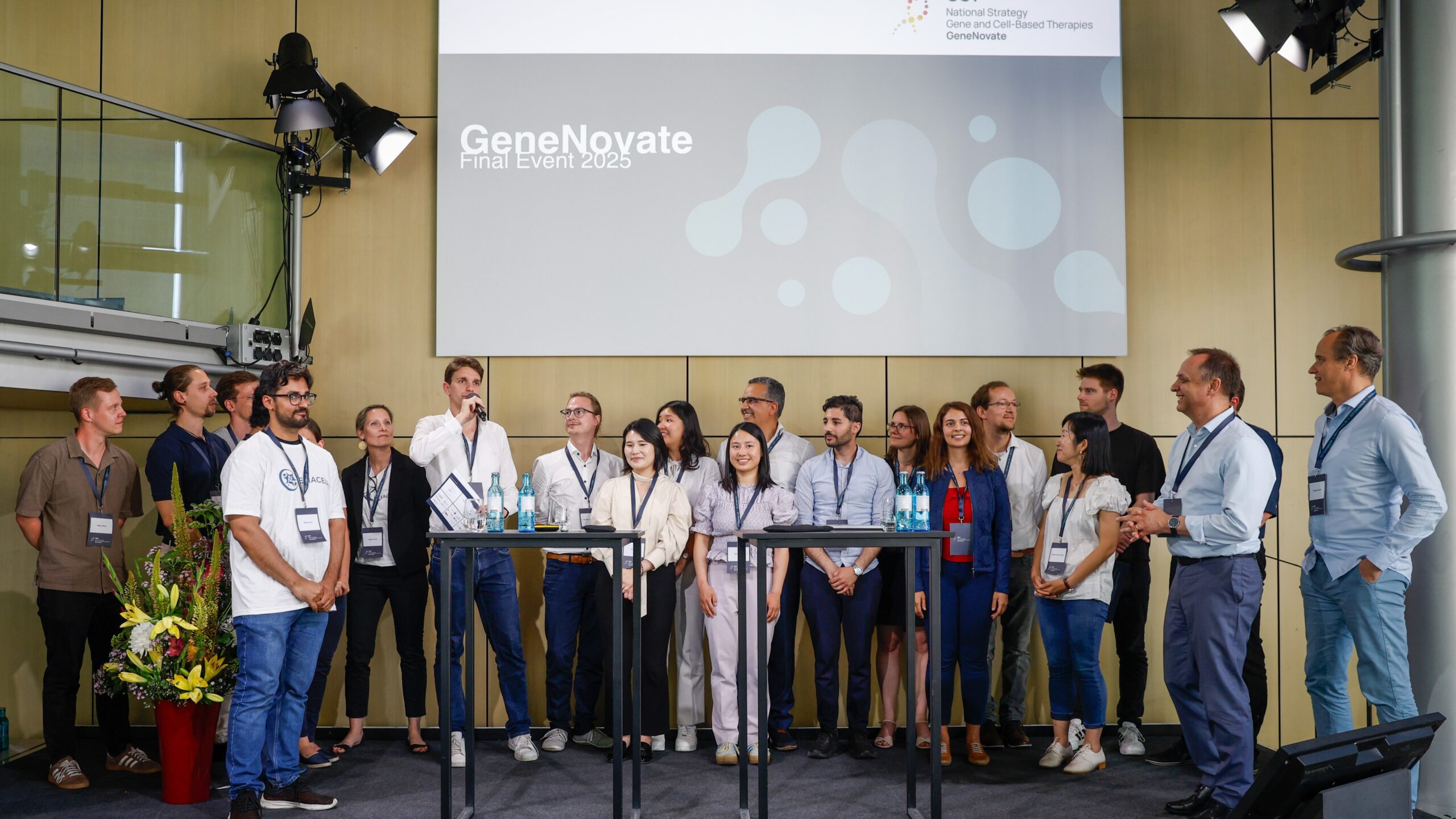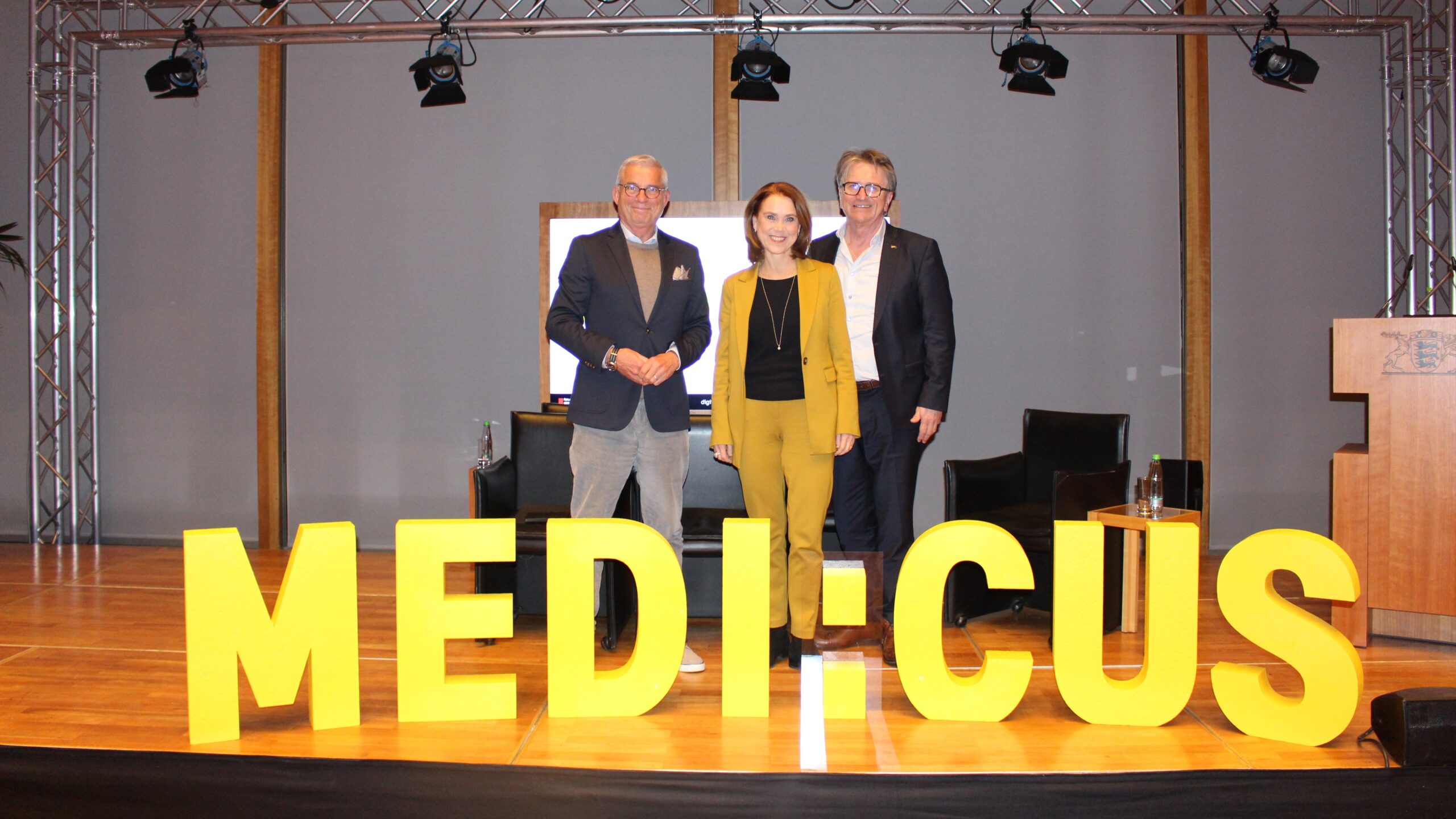EU Project: New Molecular Interventions against Virus Infections

International project consortium is coordinated at Heidelberg University
Targeted molecular interventions in the replication cycle and the immune recognition of viruses are intended to prevent viral entry into cells and virus replication. That is the goal of an international research project in which scientists work on new approaches to combating highly dangerous viral diseases such as yellow fever or Lassa fever. Coordinating the project is Prof. Dr Christian Klein from the Institute of Pharmacy and Molecular Biotechnology at Heidelberg University. Ten universities and research institutions from all over Europe are participating in the research studies, including Heidelberg University Hospital. The European Union is supporting the project over a period of five years to the tune of just under eight million euros.

The EU project “Molecular Strategies against Viral Entry and Glycan Shielding” (SHIELD) focuses on viral pathogens that are extremely dangerous for humans, namely those from the genera of flavivirus, mammarenavirus and henipavirus. In order to prevent viral cell entry and virus replication, entry inhibitors are to be employed in the replication cycle. “In this way, at the molecular level, we want to interrupt the processes by which viruses penetrate a potential host cell and replicate there,” says Prof. Klein, head of Pharmaceutical and Medicinal Chemistry at the Institute of Pharmacy and Molecular Biotechnology. The scientists also want to look into the ability of viral pathogens to evade the body’s own immune response. An accumulation of sugar chains on the cell surface plays a key role with certain viruses. These glycans influence whether the immune system is activated and what the immune response proves to be. “By better understanding and interfering with these viral shield mechanisms we want to increase the efficacy of immune defense and to potentially improve vaccines,” the Heidelberg scientist states.
In order to make the interrelated processes of viral cell entry and virus replication useful for developing innovative therapeutic approaches, molecular substances are first to be designed computationally and subsequently evaluated in biological systems with differing complexity, ranging from in-vitro assays via experiments with cell cultures up to mouse models. The scientists hope to come up with novel starting points for developing robust vaccines that offer effective protection against disease. In the long run, the research studies are intended to enable the identification of reference substances and possible candidates for initial clinical studies. The SHIELD project involves experts from bioinformatics and computational drug design, chemistry, immunology, structural biology and virology.
The studies at Heidelberg University led by Prof. Klein focus on the synthesis of novel entry inhibitors and glycan-binding substances tailored to the different viral pathogens. At Heidelberg University Hospital, Dr Vibor Laketa and his team will examine viral cell entry with state-of the-art imaging techniques and reconstruct how the use of various molecular interventions – including biological substances, nanoparticles and antibodies – impact on viral entry into the host cell. Of the total funding amount, approximately 1.45 million euros goes to Heidelberg University for these studies; around 660,000 euros in financial support has been allocated for research at the university hospital.
A kickoff meeting to launch the consortium took place in mid-February 2025 at Heidelberg University. Participating in the EU project are, besides the university and the university hospital in Heidelberg, eight other universities and research institutions from Denmark, France, Germany, the Netherlands, Poland, Portugal, Sweden and Switzerland. The European Union is promoting the project in the “Health” cluster of the current Horizon Europe research framework program.




